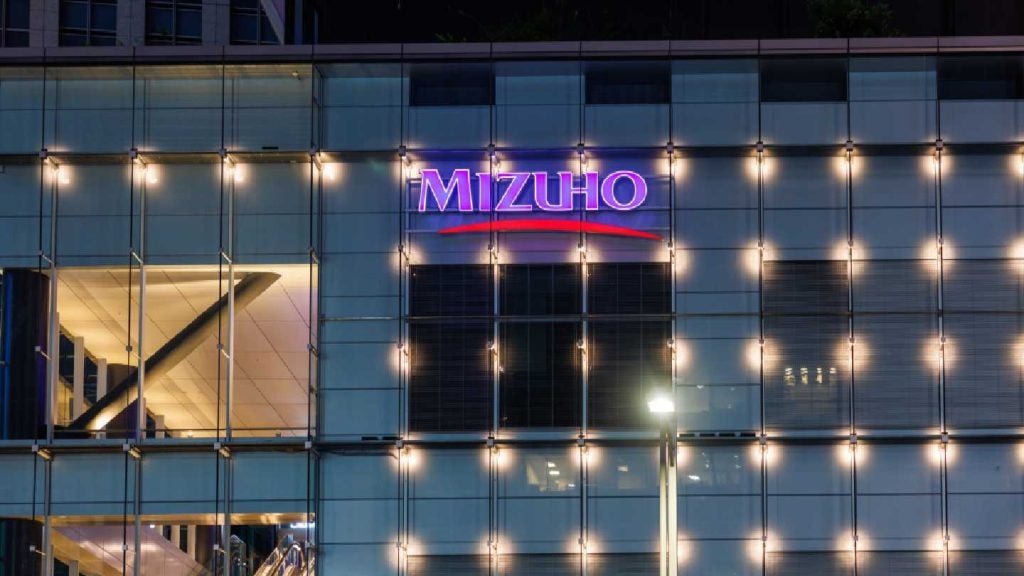
Weathinsight head Oliver Williams analyses the trade war impact on private banking the effect of Brexit and how banks should respond.
UBS is traditionally the first major private bank to report its Q2 earnings. This week (24th July), it revealed a rosy picture: Profits before tax (PBT) were up 12% year-on-year. However, it was talk of trade wars that stole the headlines.

Access deeper industry intelligence
Experience unmatched clarity with a single platform that combines unique data, AI, and human expertise.
“Ongoing geopolitical tensions and rising protectionism have dampened investor confidence and remain a threat”, read UBS’s Q2 report.
This has caused the private bank’s clients to make fewer trades, it explained. Transaction-based revenue dropped 11% in dollar terms versus a year ago, a much higher fall than expected.
Trade war impact on private banking
In an earnings call, chief executive, Sergio Ermotti, remarked: “What we are trying to point out is two factors: the environment out there, macroeconomic, geopolitical protection, you name it, it’s quite intense”.
Similar concerns were voiced elsewhere in Switzerland this week as Julius Baer released its H1 results.

US Tariffs are shifting - will you react or anticipate?
Don’t let policy changes catch you off guard. Stay proactive with real-time data and expert analysis.
By GlobalDataChief executive, Bernhard Hodler, told reporters that: “geopolitical tensions are impacting our clients and they are positioning themselves more cautiously,” adding that “Some clients have deleveraged their portfolios”.
Julius Baer’s share price tumbled 4% following the news. This is despite the same results showing a record net profit of $480m “which is actually a record at Julius Baer”, according to Hodler.
As other private banks report their H1 earnings analysts will be looking out similar shifts in client behaviour. The question they will be asking is whether this newfound caution is a temporary effect of media hype, or a long term change in attitudes?
Asian HNWIs Play it Safe
Bastions of Swiss banking though they may be, UBS and Julius Bear’s problems are partly caused by their Asian exposure.
UBS is the largest western wealth manager in Asia, while Julius Baer has been ramping up its presence there placing a quarter of its staff in the region. Their Asian clients, however, are typically cautious when it comes to investing.
“Solid inflows from existing and new clients were somewhat tempered by deleveraging by clients in Asia and the Middle East, reflecting a more cautious positioning of their portfolios,” read Julius Baer’s H2 results.
A report on investor behaviour by Schroders in 2017 found that 58 percent of Asian investors surveyed said they “don’t want to take on as much risk in my investments now”.
Investors will have even less appetite for risk now as trade tensions between the US and other countries have heightened.
While Chinese HNWIs may be on the frontline of any trade war, the rear guard in financial hubs of Hong Kong and Singapore will suffer the effects as well.
The Brexit Effect
Private banks in the UK can expect less trading activity as their clients hunker down positions ahead of ‘Brexit Day’ in just over six months’ time.
De-risked portfolios have now been two years in the making, with most banks hedging against multiple Brexit outcomes.
Wealth manager Rathbones cites this thorough planning as the reason that over a third of HNWIs it interviewed said they were optimistic about Brexit, verses 23 percent a year ago.
“Investors have been aware of the spectre of Brexit now for close to two years and have therefore have had the chance to make plans to make sure that their finances aren’t badly affected”, said Rathbones investment director Robert Szechenyi.
UK investors are still unnerved by a trade war, however. Last week Lloyd Bank’s Investor Sentiment Index reported that UK investor sentiment was down 4.2 percent in July with UK shares and property the worst hit.
Chief investment officer, Markus Stadlmann commented that the “focus has all been on the potential for tariffs and other trade barriers to impact future earnings”.
How private banks should respond
Brexit has taught private bankers a thing of two about behaviour of HNWIs in times of volatility and uncertainty. Relationship managers suddenly become much busier as clients demand advice on financial planning and risk management.
In line with this alarmist apathy, most private banks – UBS and Julius Baer included – have ramped up their core advisory services. Hodler of Julius Baer already noted that “what we see is more interaction with the clients”.
A Deloitte survey found that 92 percent of wealth managers expect advisory fees to increase, whereas 50 percent see transaction fees decreasing in the next five years.
Since transactional fees at UBS fell faster than expected in Q2, there is suspicion that this change could come quicker than that.







